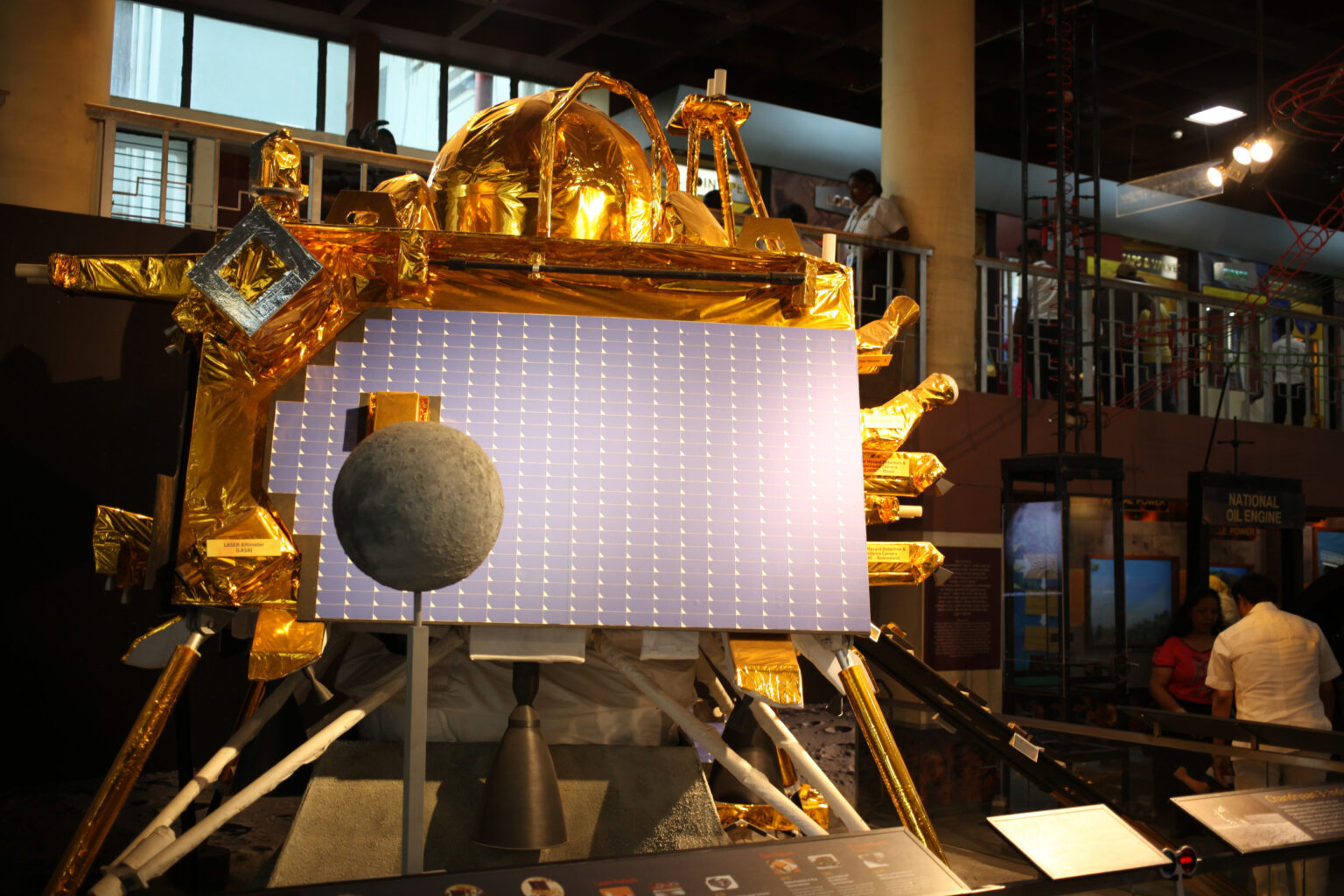NASA appears to have paused the activities of several key advisory groups, leading to the disappearance of numerous documents from its affiliated websites.
Newsweek has contacted the Lunar and Planetary Institute to confirm the reason for the documents’ removal via email.
Why It Matters
President Donald Trump made expanding U.S. space exploration a key part of his 2025 agenda, campaigning closely with SpaceX CEO Elon Musk, who has long-term aims of establishing a colony on Mars.
However, if the sweeping changes that the Trump Administration has made in the first weeks of government have impacted space research, then future advances in space could be impacted.
What To Know
The Lunar Exploration Analysis Group (LEAG), which was established to guide NASA’s lunar exploration objectives, has seen its website replaced by the line: “The LEAG website is being reviewed in response to guidance given by NASA leadership.”
Collections of publicly funded scientific and technical documents that were stored by LEAG have become inaccessible, including the 2023 CLOC-SAT report that determined the feasibility of lunar orbit, which is expected to be a key part of the long-term Artemis program.
Similarly, the Extraterrestrial Materials Analysis Group (ExMAG), which supports NASA’s solar system sample return missions, has had its document archives rendered inaccessible.
Instead, directions from NASA’s Science Mission Directorate say: “As NASA continues to review and ensure compliance with presidential actions, we are requesting that you please pause all meetings and activities of Planetary Science Analysis/Assessment Groups.”
In response, over 500 scientists have written an open letter to NASA leadership and congressional representatives, calling on authorities to restore access to the documents.
What People Are Saying
In the open letter to NASA leadership, a coalition of scientists said: “We write as members of the space science community who are dismayed by the impact of recent events on taxpayer-funded, NASA-supported science, missions, and communities.
“Many of us chose this profession motivated by a desire to push the boundaries of what is possible and widen our understanding of the universe, and to do so in the public interest. Space science research has inspired generations of scientists and engineers, while pushing U.S. innovation forward.
“Space science technologies have supported advances in fields ranging from medicine to consumer electronics, and space exploration continues to offer a multitude of new ways for all of us to contemplate our deep connections with the cosmos and with each other. Recent events and actions directly damage our ability to do the work we value.”
What Happens Next
NASA will finish its reviews of the groups affected before making further decisions on their research.
Do you have a story we should be covering? Do you have any questions about this article? Contact LiveNews@newsweek.com.
Read the full article here














